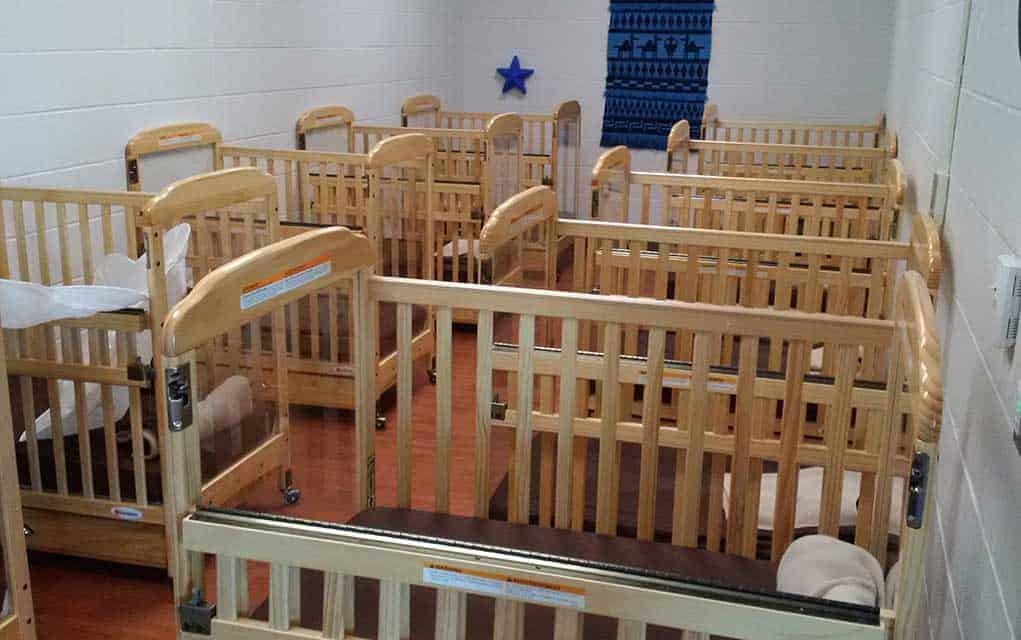;
;
;

A rate of $10 per day for childcare has a definite allure for parents, but operators of such facilities have a few more reservations. On that list is the Jacob Hespeler Child Care Centre, which operates seven locations in the region, including one at Riverside PS in Elmira. Still, the organization i
Last updated on May 03, 23
Posted on Aug 04, 22
4 min read
